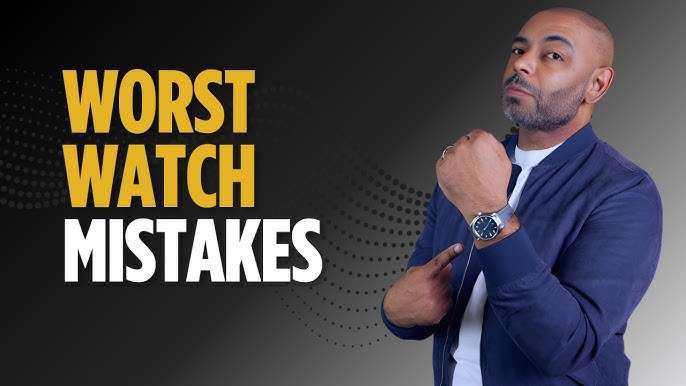Is Hybrid Publishing Right for You?

Exploring the Pros and Cons of Hybrid Publishing
In the rapidly evolving landscape of publishing, authors are presented with a myriad of options for bringing their books to market. While traditional publishing and self-publishing have long been the go-to choices, hybrid publishing has emerged as a compelling alternative. But is hybrid publishing the right choice for you? Let’s delve into the pros and cons to help you make an informed decision.
Understanding Hybrid Publishing
Hybrid publishing combines elements of traditional publishing and self-publishing, offering authors a blend of professional support and creative control. Unlike traditional publishing, where the publisher bears the financial risk and controls the publishing process, and self-publishing, where the author retains full control but assumes all costs and responsibilities, hybrid publishing strikes a balance between the two.
The Pros of Hybrid Publishing
Access to Professional Services: Hybrid publishers provide authors with professional editing, design, and distribution services, ensuring a polished final product. This means that authors can benefit from the expertise of professionals in the industry, leading to a higher-quality end product that is more likely to resonate with readers.
Greater Creative Control: Unlike traditional publishing, where authors relinquish control over cover design, title, and marketing decisions, hybrid publishing allows authors to have a say in key aspects of the publishing process. This level of creative control empowers authors to maintain their vision for their book and ensures that their voice is preserved throughout the publishing journey.
Royalties and Rights: Hybrid publishers typically offer more favorable royalty rates than traditional publishers, and authors often retain more rights to their work. This means that authors stand to earn a higher percentage of the profits from their book sales and have more flexibility in how their work is used and distributed.
Credibility and Distribution: Being associated with a hybrid publisher can lend credibility to your book, making it more attractive to readers, booksellers, and reviewers. Additionally, hybrid publishers often have established distribution channels, increasing the reach of your book. This wider distribution network can help authors reach a larger audience and increase their chances of success in the competitive publishing market.
The Cons of Hybrid Publishing
Cost: While hybrid publishing offers professional services, authors are responsible for covering the upfront costs, which can be substantial. Unlike traditional publishing where the publisher bears the financial burden, authors must invest in services such as editing, design, and distribution. These costs can add up quickly and may not always guarantee a return on investment.
Quality Varies: Not all hybrid publishers maintain the same standards of quality, and some may prioritize profits over the author’s best interests. It’s essential to research and vet potential hybrid publishers carefully. Authors should seek recommendations, review sample works, and thoroughly examine the publisher’s track record before committing to a partnership. Choosing the wrong publisher could result in subpar editing, design, or distribution, ultimately harming the book’s reception and sales.
Loss of Control: While hybrid publishing offers more creative control than traditional publishing, authors may still have to compromise on certain aspects of the process to align with the publisher’s guidelines and preferences. This loss of control can be frustrating for authors who have a specific vision for their book and may lead to disagreements or conflicts with the publisher. Additionally, authors may find themselves pressured to make changes or concessions that they’re not comfortable with, compromising the integrity of their work.
Is Hybrid Publishing Right for You?
Hybrid publishing offers a middle ground between traditional and self-publishing, providing authors with professional support while allowing greater creative control. However, before diving in, consider your goals, budget, and desired level of involvement. Research potential hybrid publishers meticulously, seeking recommendations and insights from industry professionals and fellow authors. While hybrid publishing can be costlier upfront and requires authors to invest in their work, it offers the potential for higher royalties and greater control over the publishing process. Ultimately, the decision should align with your publishing goals and aspirations, ensuring that your book receives the attention and quality it deserves while maximizing your creative vision and financial investment.
Conclusion
Hybrid publishing offers authors a unique blend of professional support and creative control, making it an attractive option for many writers. By weighing the pros and cons and considering your individual needs and goals, you can determine if hybrid publishing is the right fit for you. Whether you choose traditional publishing, self-publishing, or hybrid publishing, the most important thing is to find a publishing path that aligns with your vision and helps you bring your book to life.


